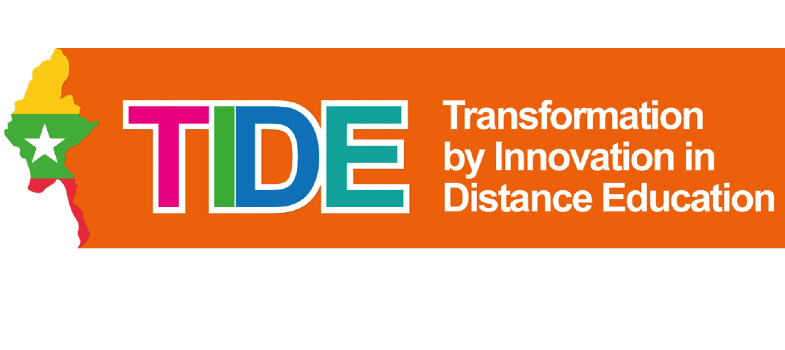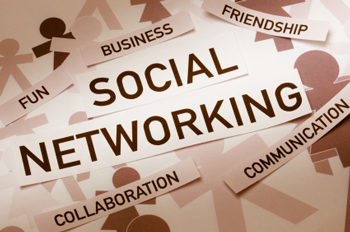3.2 Using social media
Communication is one of the most important digital skills. In everyday life it can include:
- keeping in touch using email, instant messaging, video calls (such as Viber) and social media
- posting on forums to connect with communities
- communicating with organisations about their products and services.
‘Creating’ is about using something digital you’ve made in order to express yourself or communicate with others. It could be words (for example, a text document) or media (for example, images and videos).
Social media is an important tool for communicating and creating (and sharing what you have created) and will be the focus of the next activity. If you are new to the world of
Activity 3 Social networking: what’s in it for me?
Spend a few minutes to consider what you use social media for. Then, ask your friends and family how they use it.
What do you think the benefits are?
Record your thoughts in your reflective journal.
Discussion
You might have thought of additional benefits relevant to your own life, but some of the main benefits of social networking include:
- keeping in touch with friends and family
- getting back in touch with people you have lost contact with
- promoting events
- sharing information, such as music or professional publications
- establishing and maintaining contacts with other people in your line of work
- keeping up to date at work or with hobbies and interests.
Select one of the hotels (ideally with a rating of 4 or more) and view all the available deals. There is no need to go further than this unless you actually want to book a holiday.
You may have identified a number of ways in which social networks could be useful to you. Organisations have many Facebook pages, some set up officially, and others set up informally, by students, users, customers, etc. These are both a source of interesting news and a way of giving and receiving support. For students, Facebook communities can be a valuable way of connecting with fellow learners.
Now you have completed this Section, you may wish to record any further thoughts about social networking you may have in your reflective journal.
3.1 Everyday transactions

